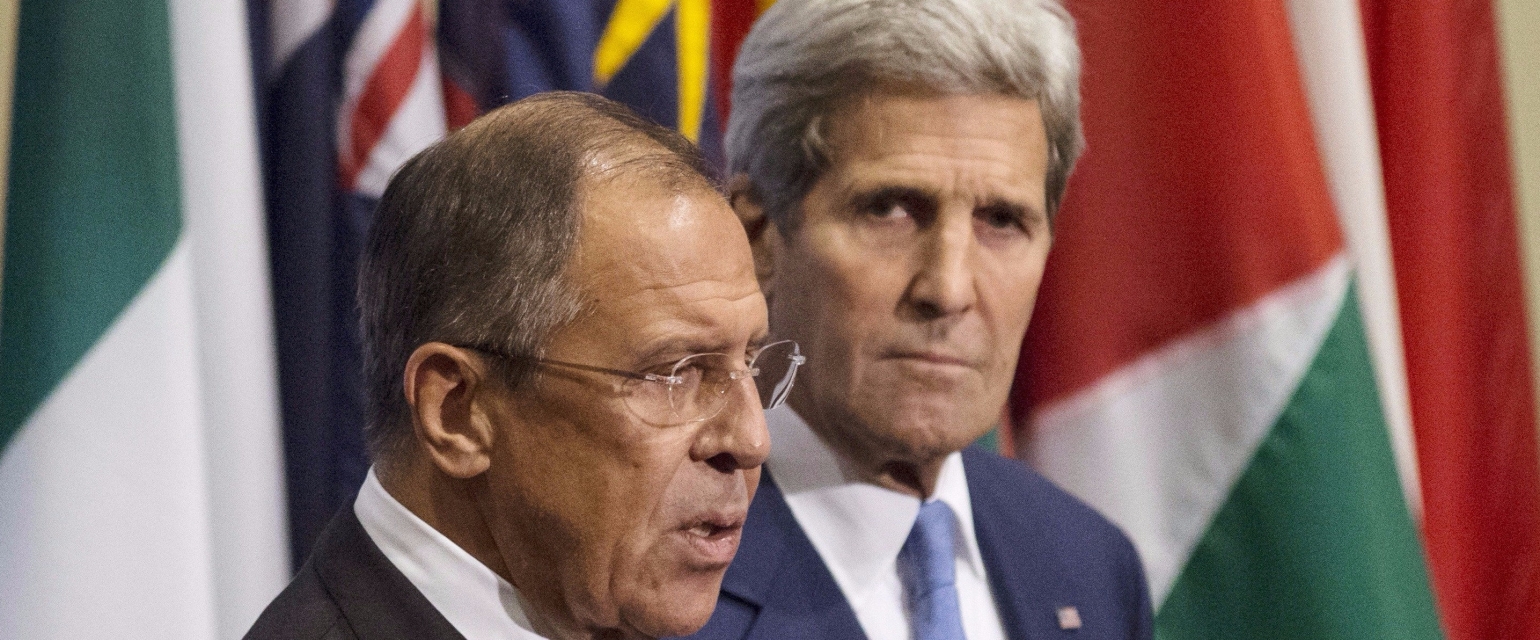

This was a week that saw a number of important developments related to the Syrian crisis. On Oct. 20 Syrian President Bashar al-Assad arrived in Moscow aboard a Russian plane for an unannounced visit with the Kremlin leadership, and on Oct. 23, Sergey Lavrov and John Kerry met for talks in Vienna. Against the backdrop of these events, analysts and journalists carefully monitored President Vladimir Putin’s speech at the annual Valdai Forum.
The arrival of Assad in Moscow
The visit to Moscow was the Syrian leader’s first trip abroad since 2011. Assad’s meeting with Vladimir Putin confirmed that Russia still considers him to be a key figure in resolving the crisis. Moreover, it was revealed during a meeting of the Valdai Club in Sochi that Damascus is ready to collaborate with the armed Syrian opposition against the Islamic State of Iraq and the Greater Syria (ISIS).
In Moscow, the two presidents discussed military cooperation and future talks on a peaceful settlement. Immediately afterwards, Putin telephoned the leaders of the other Middle Eastern countries involved in the Syrian conflict — the kings of Saudi Arabia and Jordan, and the presidents of Turkey and Egypt. Judging by Recep Tayyip Erdogan’s unconcealed irritation, not all issues produced mutual understanding.
The meeting of Lavrov and Kerry in Vienna
On Oct. 23 Sergey Lavrov and John Kerry met for talks in Vienna, followed by consultations with the foreign ministers of the Persian Gulf countries and Turkey on the crisis in Syria. Russia insists on joint action to combat ISIS. However, the Gulf Arab countries are fearful of rising Iranian influence in the region, and alongside the United States, continue to push for the overthrow of Assad as the main objective of the coalition. Russia’s proposals to involve Iran in the negotiations were rejected.
Two days earlier, the United States and Russia signed a memorandum of understanding to avoid clashes in the Syrian sky. It seeks to establish operational communications between the two countries’ military commands and mutual assistance in crisis situations.
Continue reading at Russia Direct
Americans will not find it difficult to give up the feeling of chosenness and superiority in case the situation pushes them. The space for missionary-style democratization initiatives will sharply narrow in a post-ideological world guided by pragmatism. Mankind will stop perceiving democracy as a uniquely American feature.
Many opponents of Russia are already regarding this as his surrender of the southeast of Ukraine; however in reality, this is just one more step towards the realization of Russian interests in Ukraine. The goal is to minimize potential damage.
Russia’s image in the Gulf is rather negative. The source of this perception lies in Moscow’s reading of the Arab Spring. Russia has been skeptical about the nature of the revolts, which subsequently became a bone of contention between Moscow and the GCC. Since the beginning of the rebellions about five years ago, Russia gained the reputation of being a major spoiler in the Middle East. Russians see little hope in trying to improve their image among the Gulf states.
The US House of Representatives and Senate overwhelmingly adopted a Russia, Iran and North Korea sanctions bill. It predictably provoked a harsh response from Russian officials. The head of the Federation Council’s Foreign Affairs Committee, Konstantin Kosachev, called for a response that would be painful for Americans. Deputy Foreign Minister Sergei Ryabkov said that Washington is “a source of threat.”